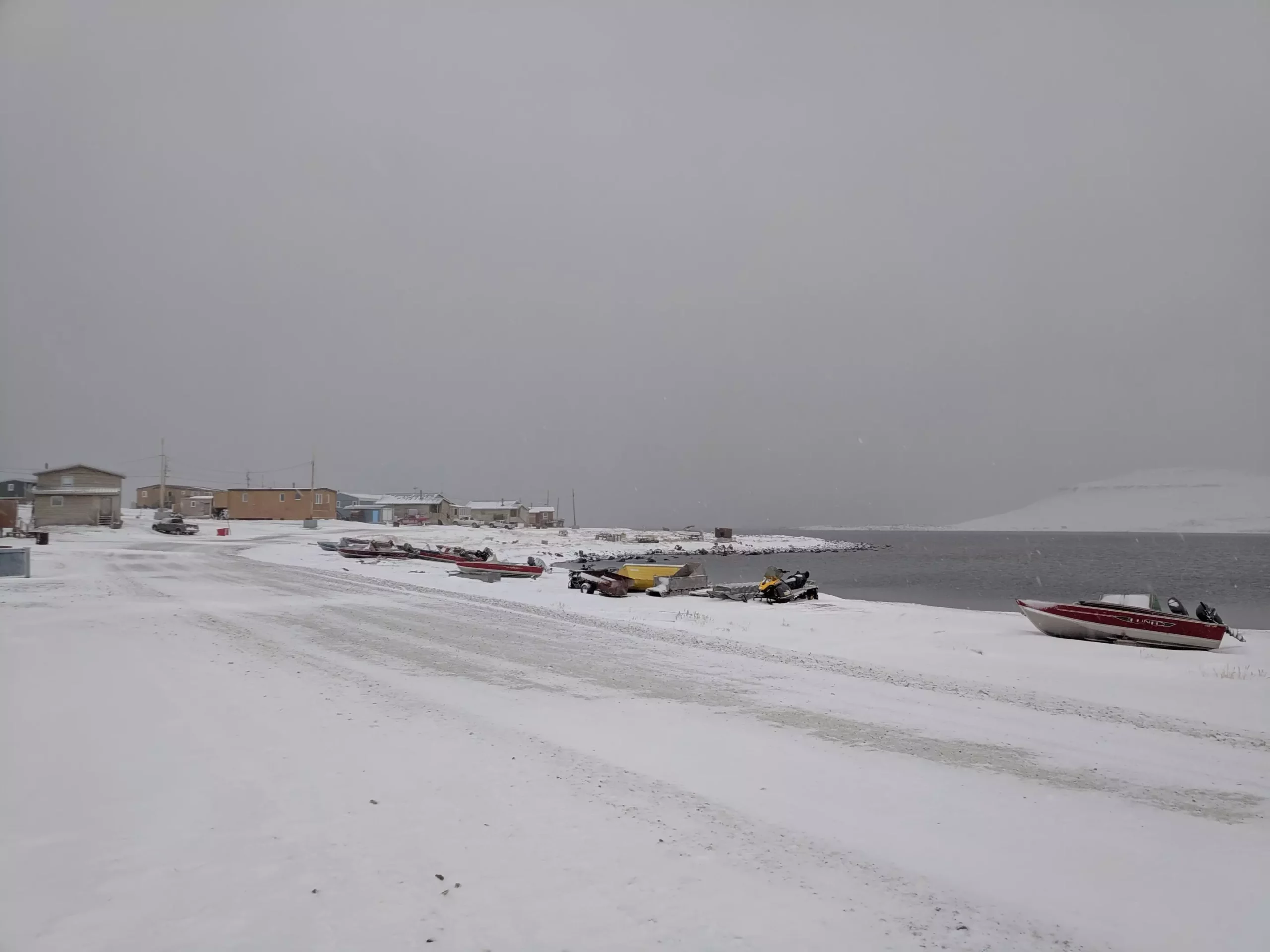In a world grappling with the adverse effects of climate change, the quest for sustainable solutions has never been more compelling. The Inuvialuit Settlement Region in the Canadian Arctic presents a remarkable case study that underscores the oft-overlooked value of local food systems. Research from the Max Planck Institute for Evolutionary Anthropology and the Inuvialuit Regional Corporation has revealed staggering potential benefits of prioritizing locally harvested food over imported substitutes. It’s not just about cost—it’s a proactive approach to minimizing carbon emissions and enhancing food security for Indigenous communities. The findings demonstrate that embracing local food production could yield annual savings exceeding 3.1 million Canadian dollars while also slashing carbon emissions by nearly half, a testimony to the power of local economies.
Economic Advantages and Climate Implications
The data from the Arctic region highlights an essential truth: local food systems are not merely about sustenance but are integral to economic stability and climate resilience. This research quantifies the costs associated with replacing local food through calculated shifts to market substitutes like beef or pork, which would entail a staggering financial burden and environmental toll. Depending on the context of remote communities, the price of importing food often escalates due to transportation challenges and infrastructure inadequacies. Therefore, promoting local food initiatives can alleviate these economic pressures while simultaneously addressing climate commitments.
The study emphasizes the importance of developing climate change policies that do not merely adopt a one-size-fits-all approach but rather take into account the unique structures of local economies. Weakening local food production can effectively compromise the health and food security of communities that are already at risk. As exampled in the study, reliance on external food supplies magnifies vulnerabilities, exposing these isolated regions to economic fluctuations and climate-induced disruptions.
Invisible Economies and Policy Oversight
A pivotal point raised in this research is the invisibility of local “informal” economies within official economic statistics. The complex dynamics of Indigenous economies, which interweave traditional practices like hunting and fishing with formal wage systems, are often neglected in conventional analyses and subsequent policy frameworks. This oversight can lead to misguided decisions that undermine not just economic benefits but also cultural ties to the land and food sovereignty.
In the Arctic, Indigenous communities have maintained traditional lifestyles for generations, utilizing the land’s resources sustainably. Yet the transformational pressures of climate change, alongside economic shifts, have led to a gap in understanding the significance of these local practices within broader strategies designed to combat climate change. Ensuring that local ways of life are acknowledged and supported is paramount to forging policies that genuinely reflect the needs and values of Indigenous populations.
Measuring Sustainability: A Methodological Framework
To arrive at their findings, researchers engaged in a thorough analysis by leveraging data derived from a regional study of harvesting conducted in 2018. By calculating the total edible weight of food produced by the Inuit community, the research team was able to juxtapose these local outputs against imported alternatives in terms of both cost and environmental impact. This methodological rigor presents a replicable framework that can be adapted for use in other regions facing similar challenges.
Understanding the nuances of these food systems goes beyond simple metrics—it requires an appreciation of local knowledge and cultural practices. The researchers’ focus on gasoline usage to assess the carbon footprint of local harvesting stands as a testament to the complexities of energy consumption and production in isolated communities. The resultant figures underscore that local harvesting, while dependent on fossil fuels, is still a more viable economic and ecological alternative to industrial food sources.
A Call to Action for Climate-Conscious Policies
Finally, this research serves as an urgent reminder of the need for climate policies that resonate with local realities. Policymakers must approach climate change not just as a monolithic global crisis but should tailor strategies that align with the specific contexts of remote communities. The study poses critical questions about how we value food systems and how our choices can either facilitate or hinder community resilience.
By recognizing and reinforcing local food economies, we can mitigate the impacts of climate change while enhancing food security and cultural identity. The balance between maintaining local practices and adapting to our rapidly changing climate can indeed be achieved, but only by ensuring these systems are integrated meaningfully into the frameworks guiding climate action and sustainability initiatives. Through intentional support and policies, we can unlock the hidden potential of local food systems, catalyzing a comprehensive approach that elevates both community well-being and environmental integrity.

